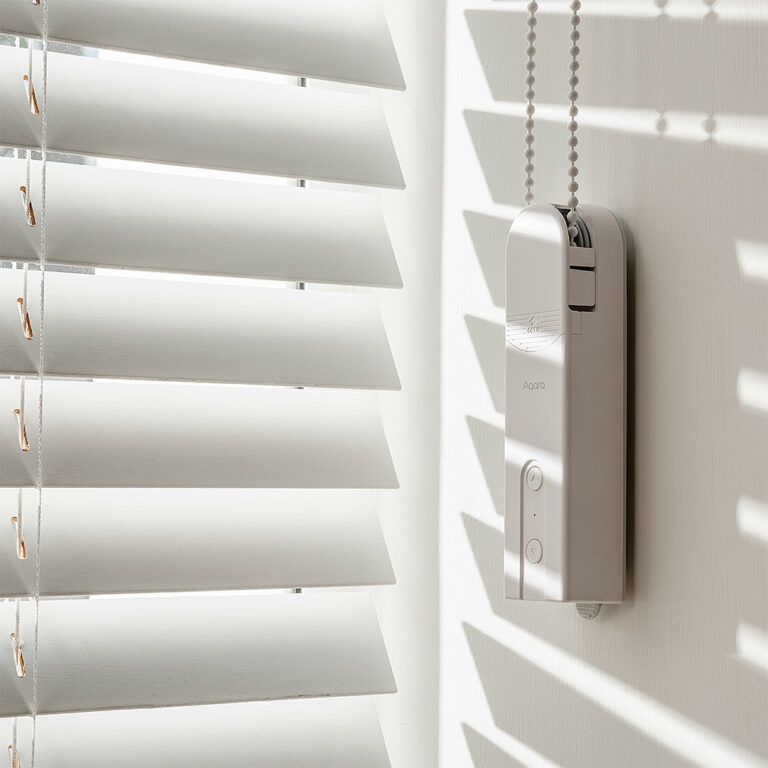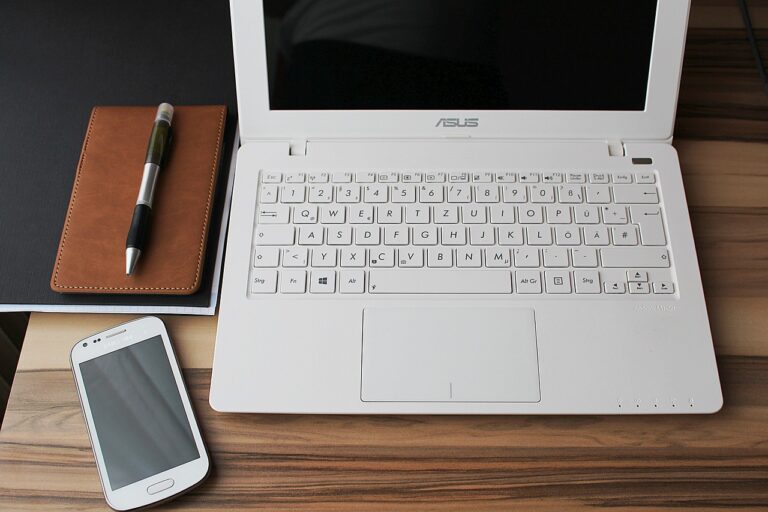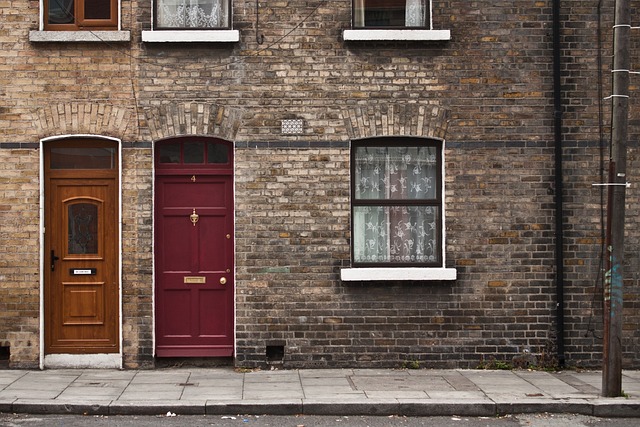The Role of Blockchain in Modular Home Construction
betbhai9 id whatsapp number, playexch login, lotus 365 win:The Role of Blockchain in Modular Home Construction
Blockchain technology has been making waves in various industries, from finance to healthcare to supply chain management. But one industry that could greatly benefit from the use of blockchain is modular home construction.
Modular homes are prefabricated homes that are built off-site in a factory and then transported to the building site for final assembly. They offer a more efficient and cost-effective way of constructing homes compared to traditional stick-built homes. However, the modular home construction industry faces challenges such as lack of transparency, inefficiencies in the supply chain, and potential issues with quality control.
This is where blockchain technology comes in. Blockchain is a decentralized, distributed ledger technology that enables secure and transparent transactions. By leveraging blockchain in modular home construction, stakeholders in the industry can address some of these challenges and streamline the construction process.
Here are some ways in which blockchain can revolutionize modular home construction:
1. Supply Chain Management
One of the key benefits of blockchain in modular home construction is its ability to improve supply chain management. By using blockchain, manufacturers, suppliers, and contractors can have a transparent and immutable record of every component used in the construction process. This ensures that all materials are sourced ethically and sustainably, and helps prevent issues such as fraud or counterfeit materials.
2. Quality Assurance
Blockchain technology can also be used to ensure quality assurance in modular home construction. By recording every step of the construction process on the blockchain, stakeholders can track the quality of materials used, the workmanship of contractors, and the overall build quality of the home. This helps ensure that each modular home meets the necessary standards and regulations.
3. Smart Contracts
Smart contracts are self-executing contracts with the terms of the agreement between buyer and seller directly written into lines of code. In modular home construction, smart contracts can automate payments, track milestones in the construction process, and even facilitate communication between stakeholders. This reduces the need for middlemen and streamlines the construction process.
4. Traceability
Blockchain technology enables traceability of every component used in the construction of a modular home. This means that stakeholders can easily trace the origin of each material, verify its authenticity, and ensure that it meets the necessary standards. This transparency helps build trust among stakeholders and ensures the integrity of the construction process.
5. Immutable Records
One of the key features of blockchain is its immutability. Once data is recorded on the blockchain, it cannot be altered or tampered with. This ensures that all records related to the construction of a modular home are secure and tamper-proof, providing a reliable source of information for all stakeholders involved.
6. Financing
Blockchain technology can also revolutionize the financing of modular home construction projects. By using blockchain-based crowdfunding platforms, developers can raise funds for their projects from a wider pool of investors, while investors can track the progress of the project in real-time and receive returns directly through smart contracts.
In conclusion, blockchain technology has the potential to revolutionize the modular home construction industry by improving transparency, efficiency, and trust among stakeholders. By leveraging blockchain for supply chain management, quality assurance, smart contracts, traceability, immutable records, and financing, the modular home construction process can be streamlined and optimized for the future.
FAQs:
Q: How will blockchain technology impact the cost of modular home construction?
A: While blockchain technology may initially require an investment in infrastructure and training, in the long run, it can help reduce costs by eliminating inefficiencies in the construction process and improving transparency in the supply chain.
Q: Is blockchain technology secure for use in modular home construction?
A: Yes, blockchain technology is secure due to its decentralized and immutable nature. By leveraging blockchain, stakeholders can ensure the security and integrity of all information related to the construction process.
Q: What are some examples of companies using blockchain in modular home construction?
A: There are several companies exploring the use of blockchain in modular home construction, such as ShelterZoom, which offers blockchain-based solutions for real estate transactions, and Proxeus, which provides blockchain solutions for document management in construction projects.







